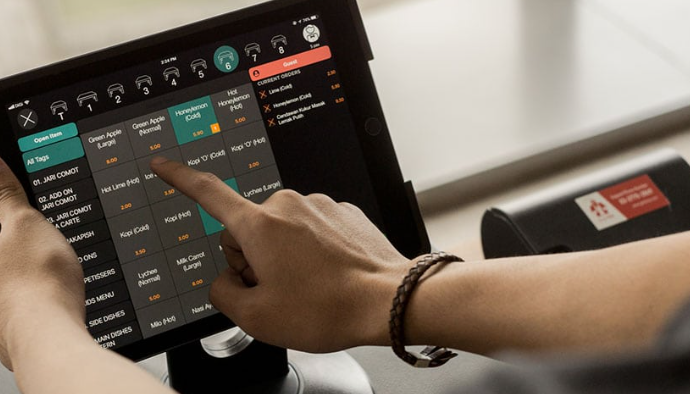In today’s digital age, where customer data is an invaluable asset, safeguarding customer information and privacy has become paramount for businesses of all sizes. Point-of-sale (POS) systems, which handle sensitive customer data such as credit card numbers, addresses, and purchase history, are particularly vulnerable to cyberattacks and data breaches. This comprehensive guide delves into the critical measures that businesses must implement to protect customer information and privacy with POS systems.

Understanding the Risks
POS systems are a prime target for cybercriminals due to the wealth of sensitive customer data they store. Common threats include:
Data Breaches
Hackers can exploit vulnerabilities in POS systems to gain unauthorized access to customer data.
Employee Negligence
Unintentional actions by employees, such as clicking on phishing links or failing to follow security protocols, can lead to data breaches.
Protecting Customer Information
Businesses must implement a comprehensive approach to protect customer information with POS systems:
Data Encryption
Encrypt all customer data, both at rest and in transit, to render it unreadable to unauthorized parties.
Access Control
Implement strict access controls, limiting access to sensitive data to authorized personnel only.
Regular Updates
Regularly update POS software and firmware with the latest security patches to address vulnerabilities.
Strong Passwords
Enforce strong password policies and require regular password changes.
Network Security
Secure your network with firewalls, intrusion detection systems, and other security measures.
Employee Training
Provide comprehensive security training to employees to educate them on cyber threats and safe practices.
Incident Response Plan
Develop and maintain an incident response plan to effectively address data breaches or security incidents.
Prioritizing Customer Privacy
Beyond data protection, businesses must also prioritize customer privacy:
Data Collection
Collect only the minimum amount of customer data necessary for business operations..
Data Consent
Obtain explicit consent from customers before collecting or using their data.
Data Retention
Retain customer data only for as long as necessary for business purposes.
Compliance with Privacy Regulations
Comply with all applicable data privacy regulations, such as GDPR and CCPA.
Physical Security
Secure POS Hardware
Keep POS terminals in secure locations, away from public access, and consider using locking mechanisms or security cages.
Restrict Access to the POS Area
Limit access to the POS area to authorized personnel only, using access control measures like key cards or swipe cards.
Secure POS Devices
Secure mobile POS devices with strong passwords, device encryption, and remote wipe capabilities.
Conclusion
Protecting customer information and privacy is a continuous responsibility for businesses that operate POS systems. By implementing robust security measures, prioritizing customer privacy, and staying up-to-date on evolving threats, businesses can safeguard customer data, maintain trust, and foster long-lasting customer relationships.
